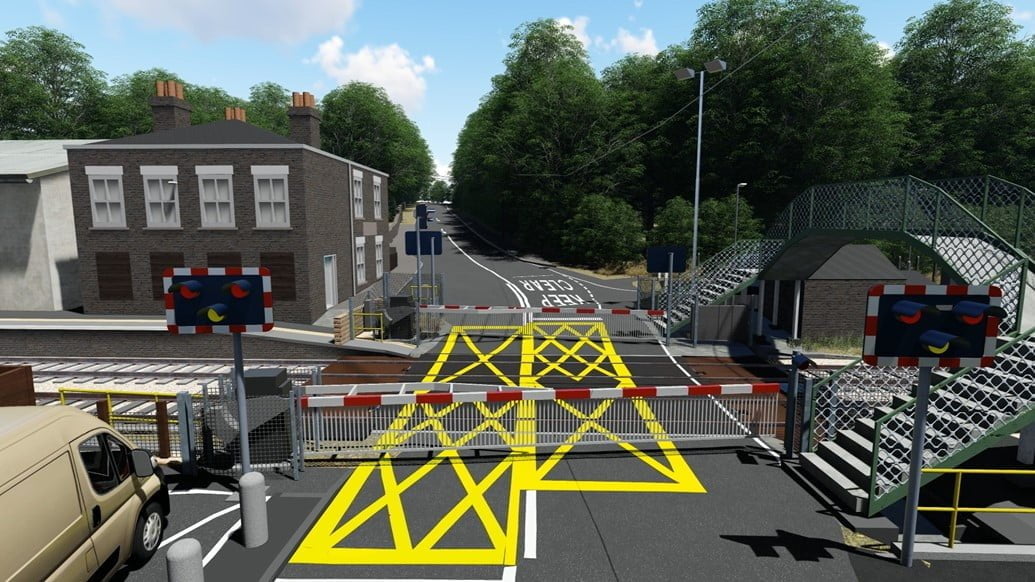Network Rail will begin the next stage of upgrading the signalling system on the Norwich, Yarmouth, and Lowestoft railway lines. The work will begin on Saturday 10th February and is part of a £68million investment.
A total of 66 new coloured light LED signals, 22 powered points, and a computer based signalling system will replace levers and physical operations. This leads to a safer and more reliable journey for passengers.
As part of the work, four level crossings will be closed on various days in the run up to and during the work as changes are made to them.
Diversions will be in place:
- Brundall level crossing will be closed to vehicles and pedestrians overnight from 6pm Sunday 11 to 6am Monday 12 February
- Strumpshaw level crossing will be closed to vehicles and pedestrians on Sunday 4 February between 8am – 8 pm
- Cantley Road will also be closed at nights from 11pm – 4am Saturday 3 March 2018 until Monday 5 March 2018
Level crossings that currently have a crossing keeper will be replaced by barriers which are remotely controlled by a signaller using CCTV cameras.
What did the officials say?
Meliha Duymaz, Network Rail‘s route managing director for Anglia, said: “This is a significant project that will not only transform rail travel for passengers in this region, but also bring benefits for motorists and pedestrians. We are working to provide a sustainable and efficient railway which uses modern technology, to improve safety and reliability as part of our Railway Upgrade Plan. I’d like to thank passengers for their patience while we carry out this important work and urge anyone using these services to check how their journeys will be affected ahead of travelling.”
Jamie Burles, Greater Anglia managing director, said: “This is important work to modernise the railway in East Anglia, which will improve reliability. We know our customers would rather travel by train, but during engineering works we will still make sure that customers can complete their journeys, by organising rail replacement buses.”
- Visit the Network Rail website
For more information





Responses